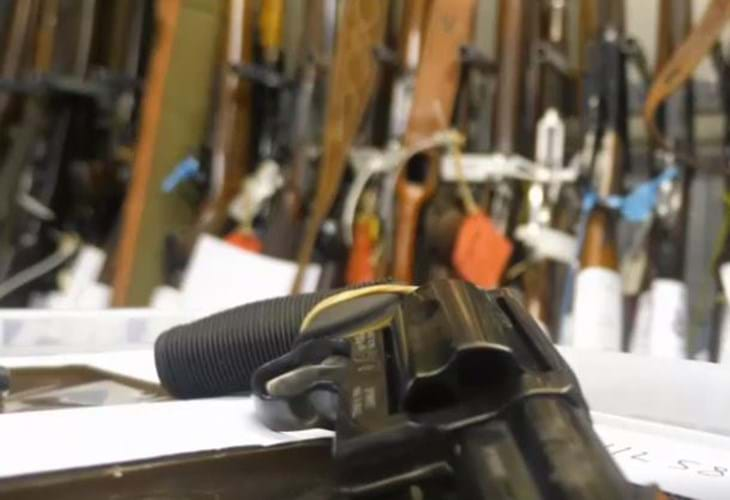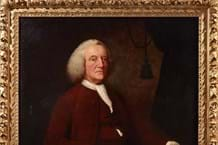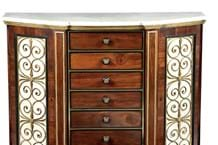
A statement from the programme said: “Criminals are home making ammunition for these antique weapons and then using them to kill.”
It will highlight the case of Gloucester gun dealer Paul Edmunds, who supplied weapons and made bullets to fit antique weapons which were then sold on to criminals. Edmunds was sentenced to 30 years in prison last year, following his arrest in 2015.
Currently weapons must be licensed in the UK if they are made after 1939.
The consultation follows recommendations by the Law Commission that an ‘antique firearm’ should be determined not simply by age but by whether or not it uses an obsolete cartridge type or firing mechanism.
The cut-off date could shift to 1900 under new plans.
“Strengthening firearms controls”
Ahead of the Panorama programme, a Home Office spokesperson said: "The UK has some of the toughest gun laws in the world. We are determined to keep it that way, which is why we are strengthening firearms controls further, including those relating to antique firearms, to stop them falling into the hands of criminals.
“The Home Office has also consulted on proposals that will enshrine in law a new definition of antique firearms, ensuring older weapons that could still pose a danger to the public are licensed.”
The government is still reviewing the responses to the consultation and plans to introduce new regulations relating to antique firearms later in the year.
The changes are part of the provisions for the new Policing and Crime Act 2017 – many of which came into force in May 2017.





